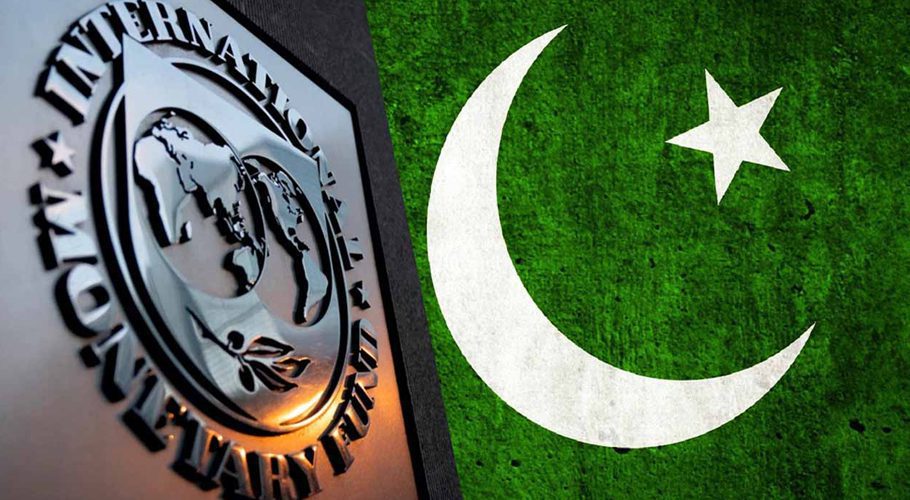The International Monetary Fund’s (IMF) criticism of Pakistan’s most recent budget indicates that there is a greater likelihood that the global lender will decide not to disburse cash under its bailout program, which is due to expire on June 30, Bloomberg said on Monday.
Pakistan had to satisfy the IMF on three counts, which included restoring the proper functioning of the foreign exchange market, pass a FY24 budget consistent with programme objectives, and secure firm and credible financing commitments to close the $6-billion financing gap ahead of the Board meeting.
As per a note by Ankur Shukla, South Asia Economist for Bloomberg Economics, the Pakistani economy will likely be hit hard if the IMF doesn’t deliver aid by June-end.
Shukla predicted that the IMF rescue would not resume, which has been on hold since November, and that this would result in a serious dollar shortage in the first part of the upcoming fiscal year.
The likelihood of default increasing dramatically as a result of the shortfall lasting “possibly for longer.”
Additionally, Shukla added, “It would increase the possibility of much lower growth, higher inflation, and interest rates than we currently anticipate in fiscal 2024.”
The remarks come after the IMF expressed its dissatisfaction with the budget proposals announced by Finance Minister Ishaq Dar for fiscal year 2023-24, calling them a missed opportunity to broaden the tax base while criticising the new amnesty scheme that “creates a damaging precedent”.
“We had expected the IMF to focus more on the primary surplus targeted in the budget,” said Shukla.
“With at least around $900 million in debt that must be repaid this month, the reserves will fall by June-end unless the IMF aid comes,” noted Shukla.




































